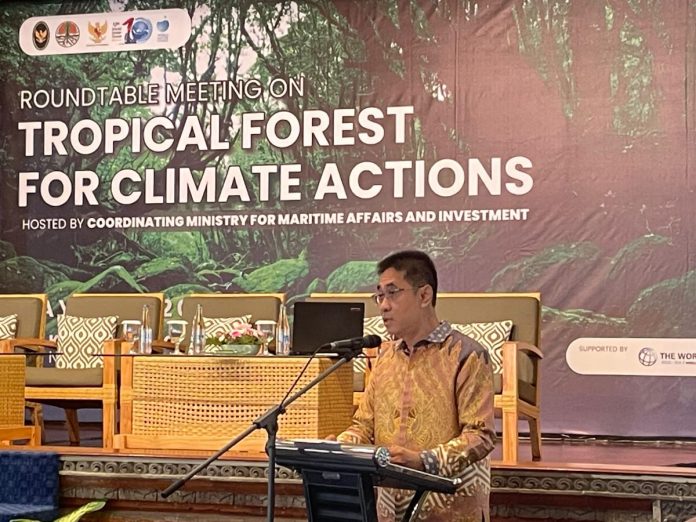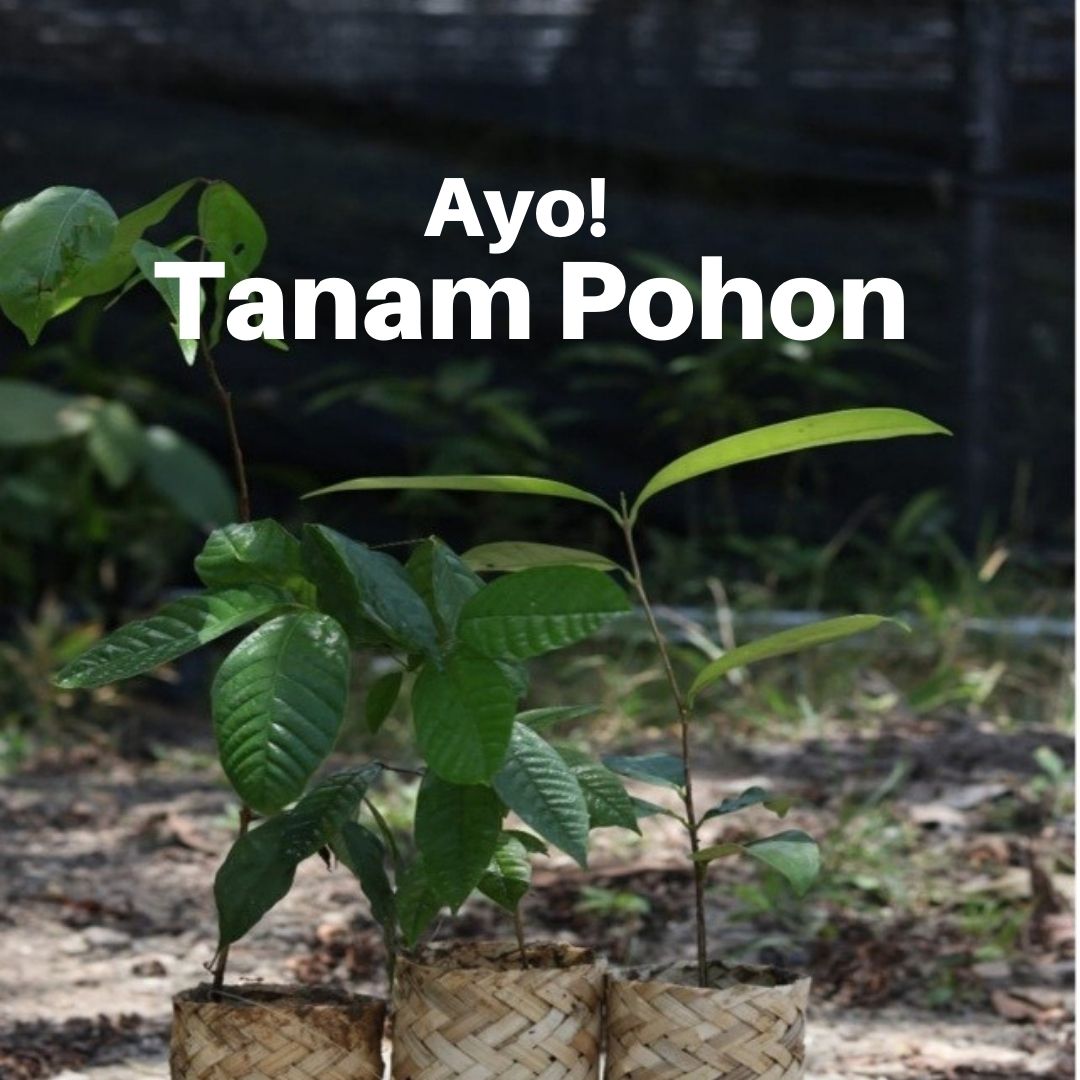Collaboration among tropical forest nations is deemed crucial for supporting sustainable management, biodiversity conservation, and climate change mitigation.
Acting Director General of Sustainable Forest Management at the Ministry of Environment and Forestry (KLHK), Agus Justianto, highlighted the unique and specific characteristics of tropical forests during the Roundtable Meeting on Tropical Forest for Climate Action in Nusa Dua, Bali. He emphasized the need for collaborative efforts among nations to align their work in forest management and conservation.
The Tropical Forest for Climate Action Partnership, initiated by Indonesia, Brazil, and the Democratic Republic of Congo, aims to reduce greenhouse gas (GHG) emissions by preserving and restoring tropical forests. These countries share knowledge and best practices in forest management, working together to enhance the benefits of their tropical forests for the environment and communities.
“In the Tropical Forest and Climate Action, members may collaborate to streamline and align their work and find ways of improving forest management and conservation. The members are also forming close and valuable strategic partnerships with one another, benefiting from shared expertise,” said Agus on Thursday, May 23, 2024.
He called on other tropical forest nations to join this partnership, emphasizing the need for cooperation in planning and action to address global environmental challenges.
Agus outlined Indonesia’s commitment to reducing GHG emissions by 31.89% by 2030 under a business-as-usual scenario, with the potential to reach 43.2% with international support. Of the 31.89% target, 17.2% is expected to come from the forestry sector.
Agus asserted that the forestry and other land use (FOLU) sector could play a significant role as a main pillar in achieving the Nationally Determined Contributions (NDC) targets. Based on analysis, Indonesia aims to achieve a FOLU Net Sink by 2030, where GHG absorption levels exceed emissions.
Agus stressed that through cooperation, tropical forest nations could share knowledge, tools, and solutions to effectively tackle the challenges posed by climate change. ***




